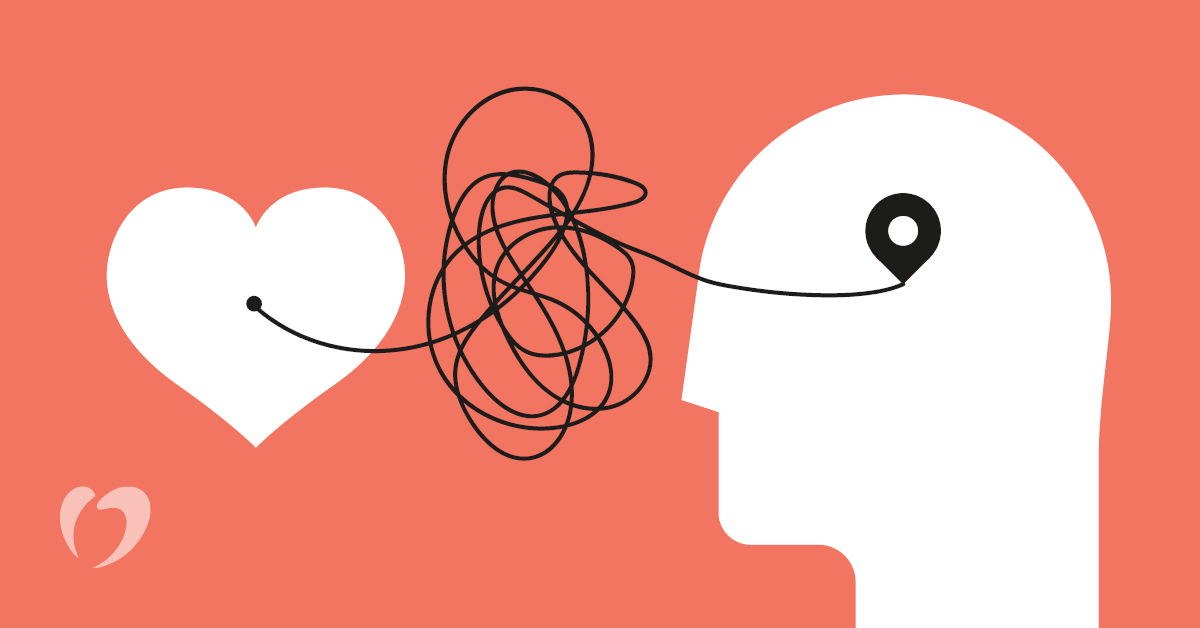The Connection Between Mental Health and Heart Health

The connection between mental health and heart health is strong. We know that depression is common after a heart attack, and many patients with heart disease are also undergoing treatment for their mental health. There are several reasons for this link, influenced both by lifestyle and by physical changes in the body.
Understanding the behavioral connection
The experience of living with mental illness can increase the likelihood of developing unhealthy habits or make it more difficult to engage in heart-healthy behaviors. Unhealthy habits can include smoking, drinking, and eating comfort foods that are high in saturated fat, all of which can increase risk of heart disease over time. Fatigue and social isolation can lead to less physical activity, which can in turn increase risk for heart disease due to lack of exercise and excess weight.
Exploring the physiological connection
Mental health challenges can also take a physiological toll on our bodies. Stress, anxiety, depression, PTSD, and insomnia can all create physiological changes, such as increasing blood pressure, reducing blood flow to the heart, and increasing cortisol. Those changes add up to a higher risk for heart disease or cardiovascular events.
Taking care of your mental health
If you are struggling with your mental health, the best thing you can do for all aspects of your health is reach out. Help is available and building a strong network of places to turn when you are struggling is important. A great place to start is by talking to your primary care physician about how you are feeling. They can make recommendations for treatment options and help create a plan for you.
If you are not already seeing a counselor, consider making an appointment to see one. With the increase in telehealth due to the coronavirus pandemic, there are many more options available for seeing a counselor during a time that fits your schedule. In therapy, you can talk freely about how you are feeling without fear of judgment, and a trained counselor can help you understand your mental health and how to manage it.
A social support system is important for managing your mental health as well. Whether it is a group of friends who check in with you, family who knows you well, or co-workers, neighbors or support groups, taking the time to create a network of people will help you through stressful periods in life. They will be there for support and guidance, and even assistance with day-to-day tasks or problems that may come up.
The connection between mental health and heart health is undeniable. Taking care of your mind takes care of your heart, and vice-versa. If you are struggling with any mental health concerns, talk to your doctor for recommendations on treatment and counseling.
